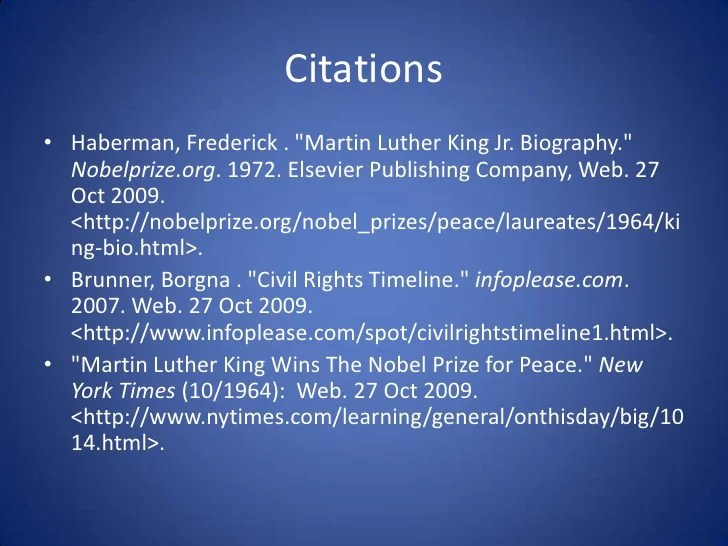How to cite letter from birmingham jail – The “Letter from Birmingham Jail,” written by Martin Luther King Jr. in 1963, is a pivotal document in the American Civil Rights Movement. This guide will provide an overview of the letter’s historical context, content, and proper citation methods, ensuring accurate and consistent referencing.
This comprehensive analysis will delve into the main arguments, rhetorical devices, and persuasive techniques employed by King, exploring the letter’s impact on the Civil Rights Movement and its enduring legacy.
Historical Context

The “Letter from Birmingham Jail” is a pivotal document in the American Civil Rights Movement. Written by Martin Luther King Jr. in 1963, the letter was a response to criticism from white clergymen who had condemned King’s nonviolent protests in Birmingham, Alabama.
The letter provides a powerful defense of nonviolent resistance and challenges the complacency and hypocrisy of white moderates who claimed to support civil rights but did nothing to advance the cause.
Content Analysis
Main Arguments and Themes
The letter presents several key arguments and themes, including:
- The immorality of racial segregation and discrimination
- The importance of nonviolent resistance as a means of social change
- The responsibility of individuals to challenge injustice
Rhetorical Devices and Persuasive Techniques, How to cite letter from birmingham jail
King uses a variety of rhetorical devices and persuasive techniques in the letter, including:
- Logical arguments and evidence
- Personal anecdotes and experiences
- Emotional appeals
Impact on the Civil Rights Movement
The “Letter from Birmingham Jail” had a profound impact on the Civil Rights Movement. It helped to galvanize support for nonviolent resistance and played a key role in the passage of the Civil Rights Act of 1964.
Citations and Referencing

There are several different citation styles that can be used for referencing the “Letter from Birmingham Jail.” Some of the most common styles include:
- MLA (Modern Language Association)
- APA (American Psychological Association)
- Chicago Manual of Style
Proper Citations
Here are some examples of proper citations for the “Letter from Birmingham Jail” using different citation styles:
- MLA:King, Martin Luther Jr. “Letter from Birmingham Jail.” Why We Can’t Wait, Harper & Row, 1964, pp. 77-95.
- APA:King, M. L. (1964). Letter from Birmingham Jail. In Why We Can’t Wait(pp. 77-95).
Harper & Row.
- Chicago Manual of Style:King, Martin Luther Jr. “Letter from Birmingham Jail.” In Why We Can’t Wait, 77- 95. New York: Harper & Row, 1964.
Importance of Accurate and Consistent Referencing
It is important to cite sources accurately and consistently to ensure that your work is credible and to avoid plagiarism. Proper referencing also allows readers to easily locate the sources you used to support your arguments.
Adaptations and Interpretations

Adaptations
The “Letter from Birmingham Jail” has been adapted into a variety of different formats, including:
- Films
- Plays
- Speeches
Legacy
These adaptations have helped to ensure that the letter’s message continues to resonate with audiences today.
Interpretations
The “Letter from Birmingham Jail” has been interpreted in a variety of ways over time. Some interpretations have focused on the letter’s religious themes, while others have emphasized its political and social implications.
Commonly Asked Questions: How To Cite Letter From Birmingham Jail
What are the different citation styles used for referencing the “Letter from Birmingham Jail”?
MLA, APA, Chicago, and Turabian are common citation styles used for referencing the letter.
How do I cite the letter in MLA style?
King, Martin Luther Jr. “Letter from Birmingham Jail.” Letter to the Clergymen of Birmingham, 16 Apr. 1963, The Martin Luther King, Jr. Research and Education Institute, Stanford University, kinginstitute.stanford.edu/encyclopedia/letter-birmingham-jail.